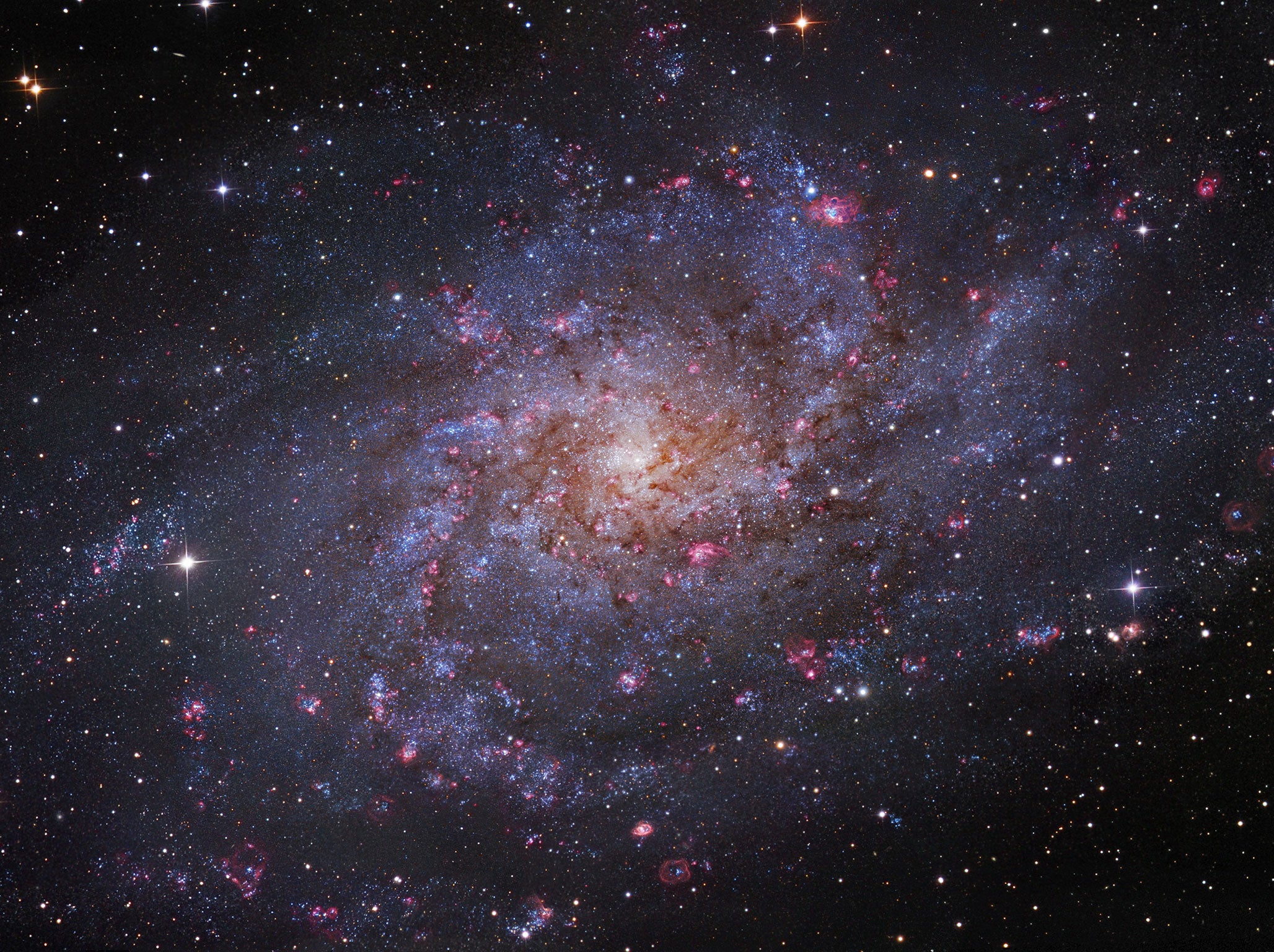Astronomers spot the furthest away thing ever seen in the Solar System, giving glimpse of early universe
The rock hasn't been affected by Pluto, and its unaffected orbit could teach scientists about the very early Solar System

Astronomers have found the most distant object from us in our own solar system ever seen.
The rock is 103 times further from the Sun than we are. And it is so distant that it has probably been flying around for so long mostly untouched.
The object is further away from us than the Kuiper Belt, a region beyond Neptune that includes Pluto. It is so far away that it sits on the edge of the Oort Cloud, a distant and theoretical cloud of icy objects.
The discovery may become less exciting to scientists if they find that the rock has been swinging in to get much closer to the sun. Scientists haven’t been watching it for long enough to know how it gets around the solar system, and it might end up that it travels much closer to the sun than its current distance.
But if it doesn’t swing in, staying in the inner Oort Cloud, it will be far further than previously known worlds. The existing known residents of the inner Oort Cloud are about 76 and 80 times as far away from the sun as we are.
Such distant objects are interesting because they are so far away from Neptune that they have never been pulled in by its orbit, according to Nature News, which first reported the discovery. As such, the rocks’ orbits could still look the way that they did when the Solar System was first formed, 4.5 billion years ago.
Scientists will continue tracking and looking at the rock over the coming year, after which they will have been able to track its orbit and work out where it lives.
Join our commenting forum
Join thought-provoking conversations, follow other Independent readers and see their replies
Comments
Bookmark popover
Removed from bookmarks